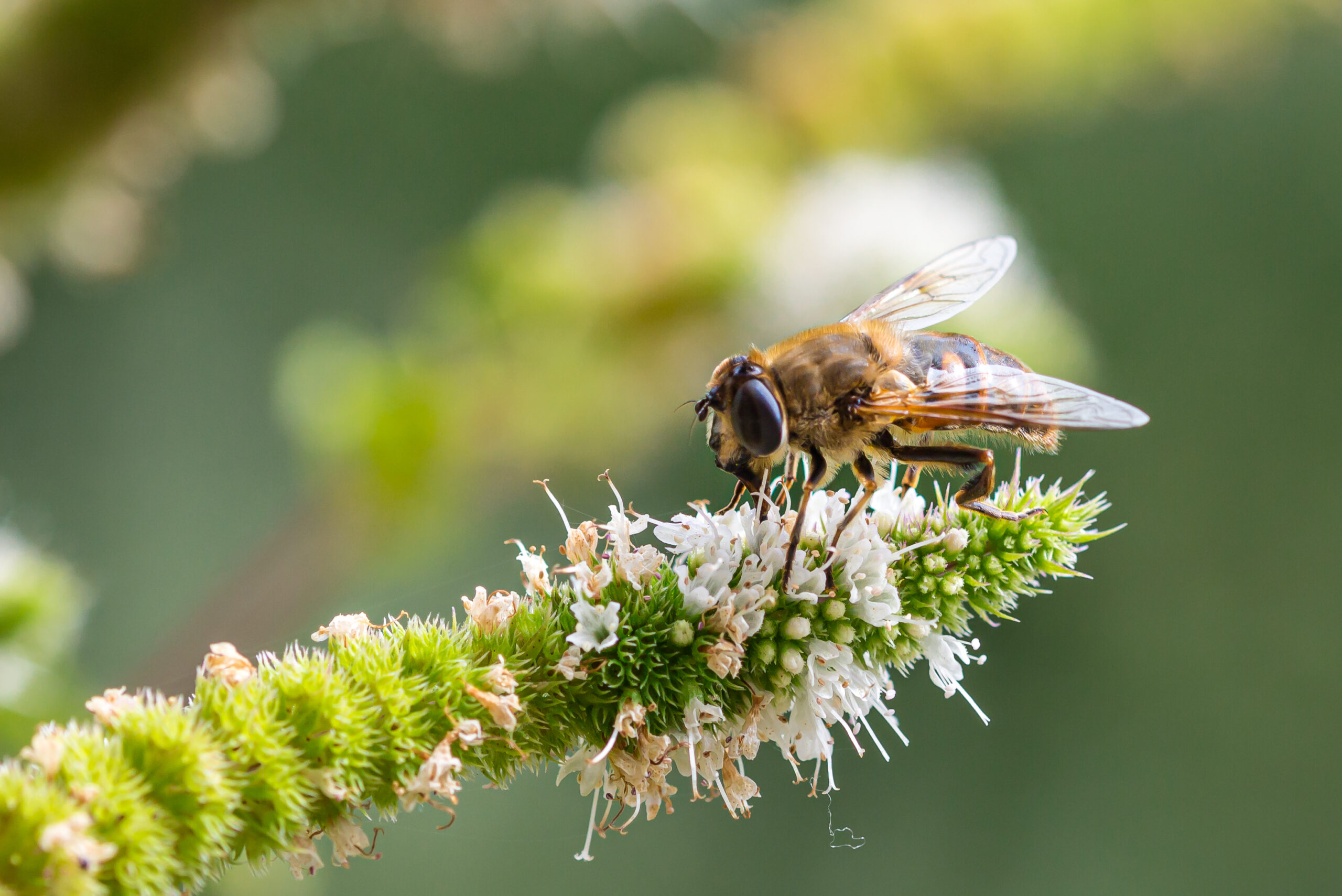Fr Sean McDonagh explains the importance of the Conference on Biological Diversity (COP15) taking place in Canada and warns that Ireland is not immune to biodiversity losses.
In 1992, the United Nations hosted a large gathering of people and Heads of State in Rio de Janeiro to face together the growing problem of protecting our environment. The meeting was called the Earth Summit. The participants agreed to establish two treaties – the United Nations Framework Convention of Climate Change (UNFCCC) and the Convention on Biological Diversity (CBD). Both Conferences are linked because extreme weather, droughts and wildfires caused by global warming leads to widespread extinction of species.
This year the Conference of the Parties to the convention on climate change, known as COP27, met in Sharm El-Sheikh in Egypt from 6th to 18th November 2022. The convention on Biological Diversity meets from 7th to 19th December 2022 in Montreal, Canada. This is known as COP15.
The Conference on Biological Diversity was originally planned to take place in Kunming in China from 15th to 28th October 2022, but the meeting was postponed because of the COVID-19 pandemic.
In August 2021, the United Nation announced that COP 15 would take place in two parts. A virtual meeting from 11th – 15th October 2021 followed by a face-to-face meeting would take place in Kunming. After several false dawns, close consultation with the Government of China, the Conference on Biodiversity, and the Government of Canada, it was agreed that COP 15 would take place in Montreal and Quebec, Canada from 7th to 19th December 2022. China as the COP15 chairman will preside over the meeting.
Some commentators are fearful that the discussion on climate change at COP27 in November 2022 will distract attention from taking global biodiversity destruction seriously.
In a report for COP27, Professor Johan Rockstrom, director of the Potsdam Institute in Germany pointed out that global greenhouse gases reached record highs during 2021. As a result the world was coming “very, very close to irreversible changes”[1]
Responding to this report, the secretary general of the United Nations, Antonio Guterres, said that climate action is failling pitifully short and “that we are heading for a global catastrophe (and) for economy-destroying levels of global heating.”[2] Even if all the pledges made by countries were fulfilled, that would mean a rise in global heating of 2.5 Celsius which would be devastating.
One way to get a good insight into the loss in biodiversity is to read The Global Assessment Report on Biodiversity and Ecosystem Services (IPBES) which was published in May 2019. Over 450 scientists were involved in this report.[3]
It confirms that we are now living in the 6th largest extinction of life on earth since life began 3.8 billion years ago. The report showed that future generations of species are at risk unless radical action is taken by humans to protect species. The last time such a catastrophe struck the earth was 66 million years ago when an asteroid crashed into the Yucatan Peninsula of Mexico causing the extinction of 75 percent of animal life, including dinosaurs.
In 2019, the International Union for the Conservation of Nature (IUCN) estimated that 41% of amphibians, 25% of mammals, 34% of conifers, 13% of birds, 31% of sharks and rays and 17% of crustaceans are threatened with extinction.[4]
In 2017, a study by German scientists found that insect species, including pollinators, had crashed by 75% percent since 1987. One third of the world ‘s food depends on pollinators. If these became extinct, agricultural yields would plummet globally causing widespread famine.[5]
Dr Liam Lysaght of the National Biodiversity Centre in Ireland warns that Ireland is not immune to biodiversity losses. Of the 3,000 species that had undergone red list conservation assessment, one in four species threatened with extinction.[6] Among the species he mentions are the Atlantic Salmon, the Curlew, the Freshwater Pearl and many more. He recommends the setting up of a Government Department for Biodiversity and the rural economy.
Centres such as the Leitrim Sustainable Agricultural Group and the Cabragh Wetlands Trust outside Thurles in Tipperary should get more support. These groups are attempting to farm their land in a way that increases the natural and cultural heritage in their areas and helps other farmers do likewise. [7]
In the Encyclical Laudato Si’: On Care for Our Common Home, Pope Francis quotes the Greek Patriarch, Bartholomew of Constantinople. He writes “for humans to strip the earth of its natural beauty or destroy the wetland; for humans to contaminate the earth’s waters, land, its air and its life – these are sins.” (Par 9).[8]
This is new teaching for the Christian Churches was not there when I studied moral theology many years ago. Christianity needs an Extinction Liturgy in which the sadness over the extinction of many wonderful creatures, created by God, can be expressed. Such liturgies might inspire us to protect biodiversity locally and globally in everything we do.
[1] Damian Corrington, “World is coming close to irreversible change, say climate expert,” The Guardian, October 28th, 2022, page 4.
[2] Ibid
[3] “The Global Assessment report on Biodiversity and Ecosystem Services.” May 2019. https://ipbes.net/sites/default/files/inline/files/ipbes_global_assessment_report_summary_for_policymakers.pdf
[4] IUCN 2019, International Union for Conservation of Nature annual report 2019.
[5] Caspar A Hallmann, Martin Song and others, “More than 75 percent decline over 27 years in total flying insect biomass in protected areas,” https://journals.plos.org/plosone/article/authors?id=10.1371/journal.pone.0185809
[6] Dr. Liam Lysaght, “The six steps needed to save Irish biodiversity,” The Irish Times, February 19th, 2019, page 12.
[7] “Enhancing and protecting biodiversity on Irish farms,” The Irish Times, October 28th, 2022.
[8] Pope Francis, “Laudato Si’: On Care for Our Common Home,” Orbis Books, 2016, page 140.

